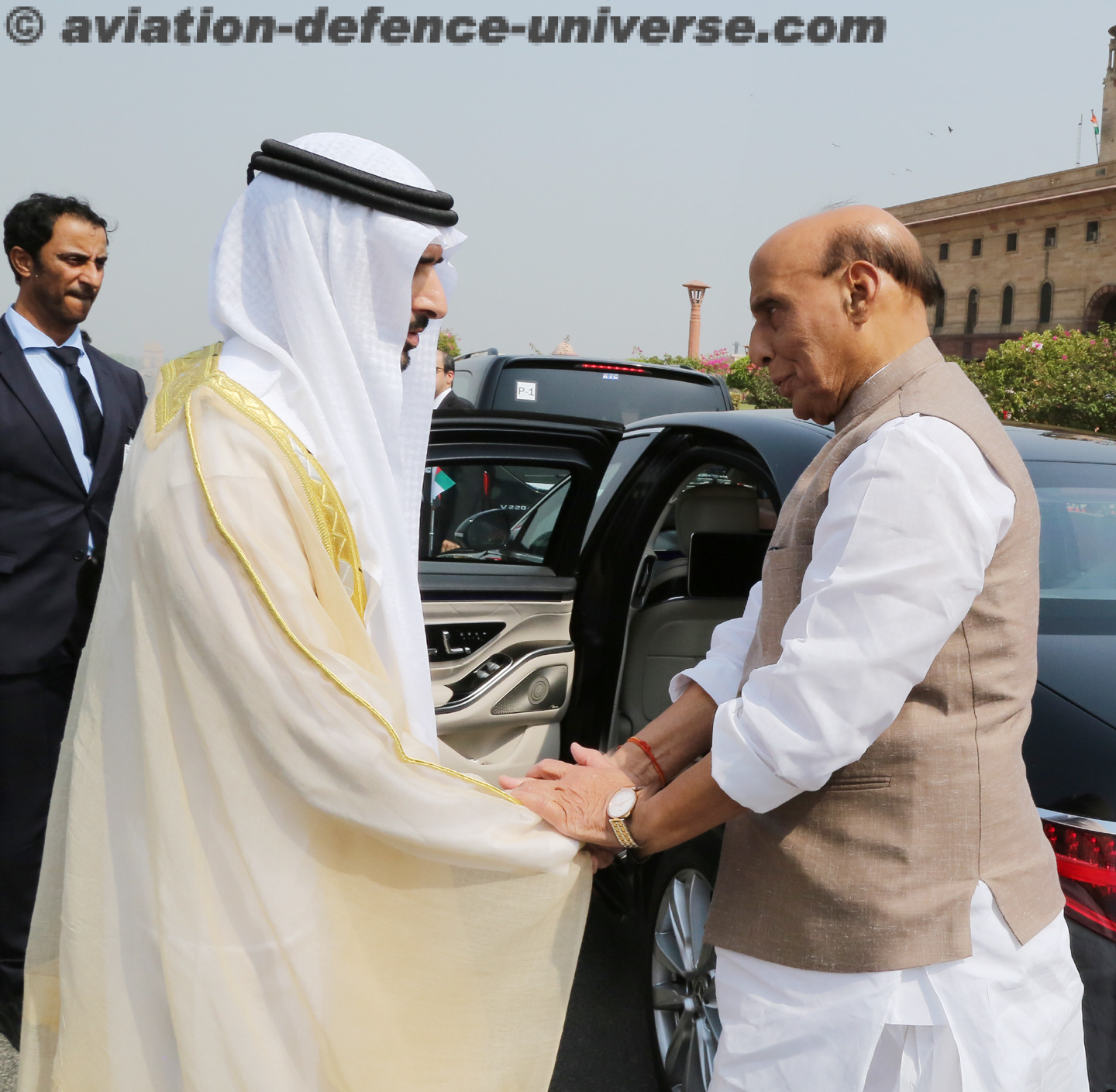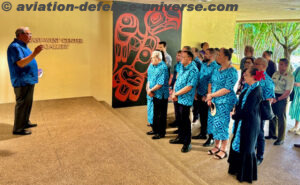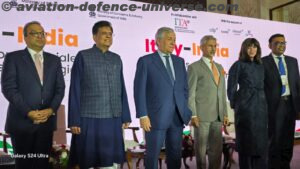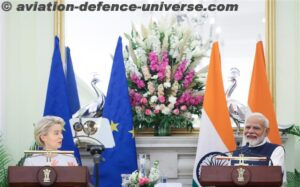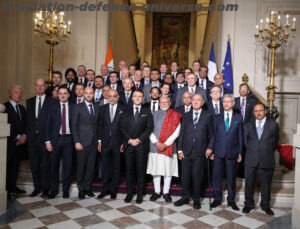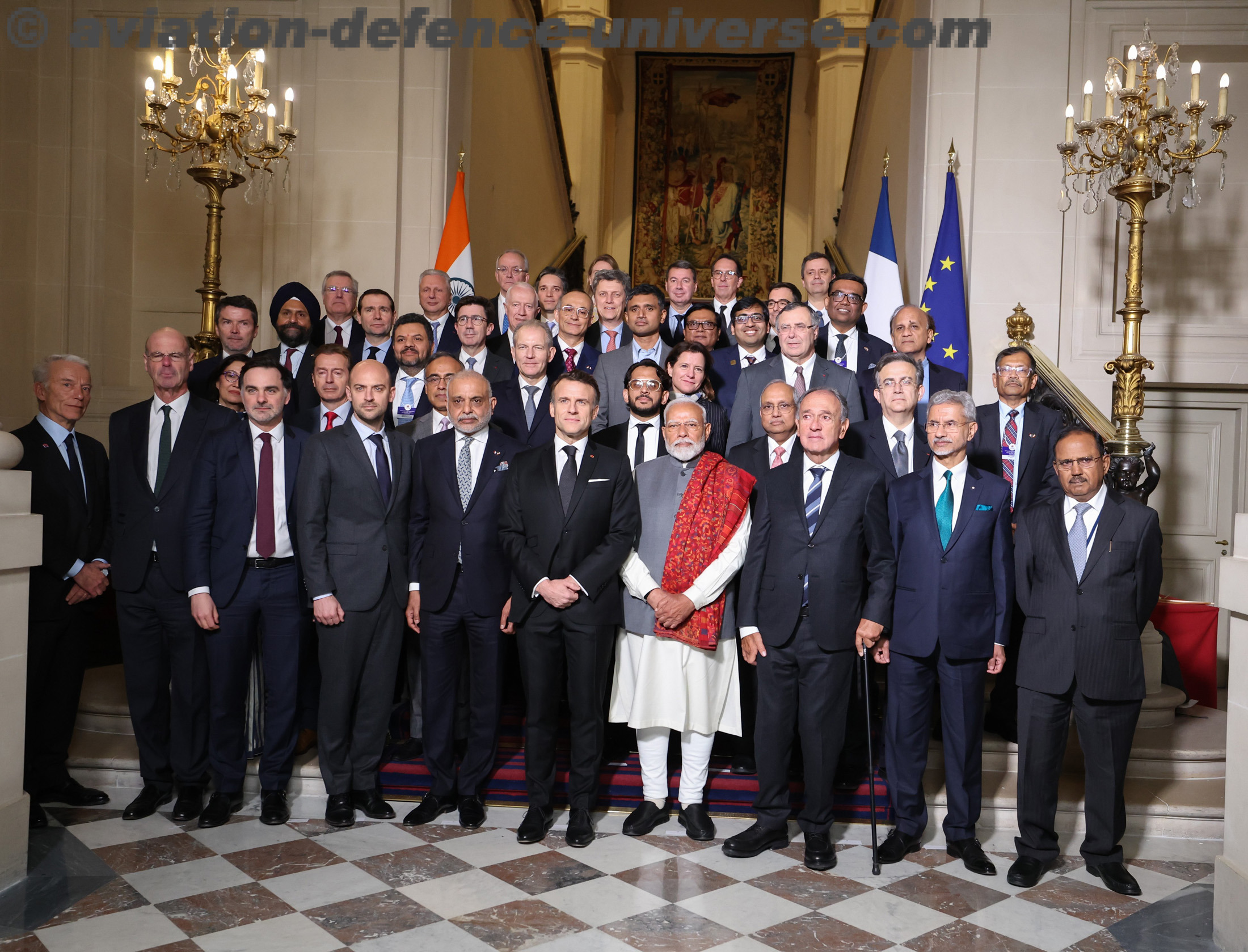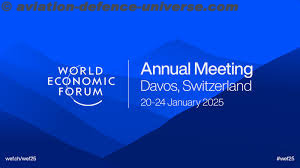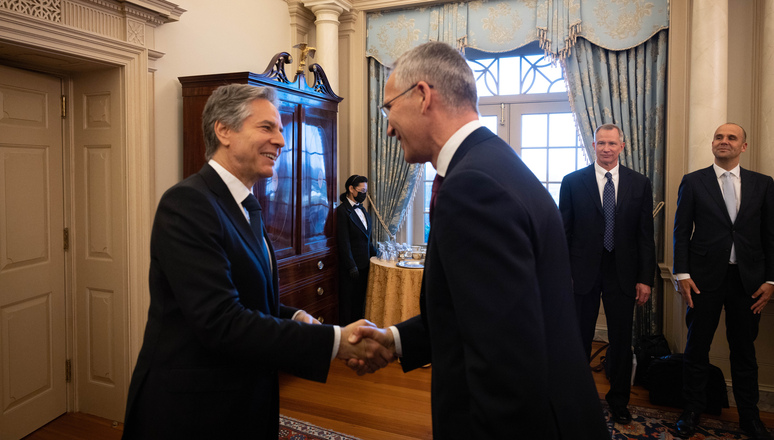
By Sangeeta Saxena
New Delhi. 01 June 2022. It was a flurry of activity in the American capital when the NATO Chief met Secretary of State. No prizes for guessing , the agenda was Russia’s special operation in Ukraine . But this was only half of the activity , the other half being US President’s announcement of a new package for Ukraine. And this came just a day after the US missile major Raytheon got a contract worth $624 millions, being funded from the Ukraine Supplemental, to manufacture 1300 Stinger missiles for Ukraine.
“Today, I am announcing a significant new security assistance package to provide timely and critical aid to the Ukrainian military. Thanks to the additional funding for Ukraine, passed with overwhelmingly bipartisan support in the U.S. Congress, the United States will be able to keep providing Ukraine with more of the weapons that they are using so effectively to repel Russian attacks. This new package will arm them with new capabilities and advanced weaponry, including HIMARS with battlefield munitions, to defend their territory from Russian advances. We will continue to lead the world in providing historic assistance to support Ukraine’s fight for freedom,” he said.
NATO Secretary General Jens Stoltenberg post his meeting with Anthony Blinken thanked the United States for increasing its military presence across Europe, stressing that strong NATO deterrence is helping to remove any room for miscalculation in Moscow about NATO’s readiness to defend and protect all Allies. He stressed that European Allies and Canada are also stepping up with more troops, higher readiness and increased defence spending.
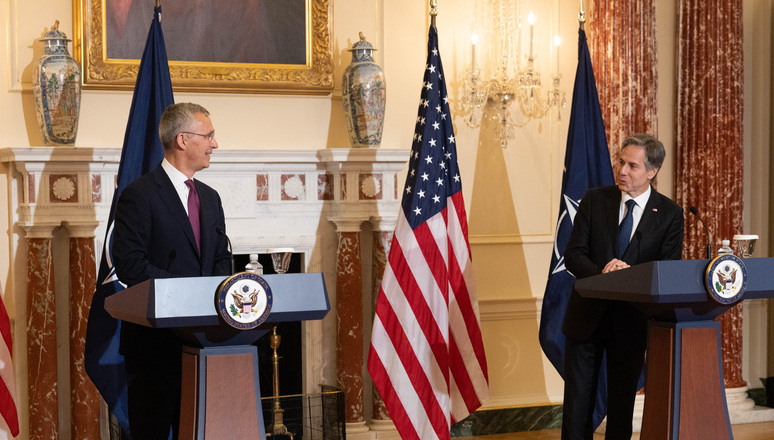
“President Putin wanted less NATO; he is getting more NATO – more troops and more members,” said Stoltenberg. The Secretary General and Secretary Blinken also discussed the NATO Summit in Madrid, where Allied leaders will agree NATO’s next Strategic Concept, strengthen the Alliance’s deterrence and defence, and prepare for an age of increased competition with authoritarian powers like Russia and China. The Secretary General noted that leaders will also review progress on burden-sharing. “We must continue to invest in our defence, and to invest in NATO, because North America and Europe, working together in a strong NATO, can keep our one billion people safe in a more dangerous world,” he said.
“President Putin made a strategic mistake. He totally underestimated the strength and the will and the ability of the Ukrainian people, the Ukrainian armed forces to defend themselves, and he underestimated the unity of NATO and NATO Allies and partners to support Ukraine. And again, what we see is US leadership helping this to happen, both on the political diplomatic level, but also when it comes to organising and coordinating the military support through the support group for Ukraine,” he added.
“NATO and NATO Allies are, of course, monitoring very closely what Russia does, including their nuclear exercises. And we have also followed very closely the nuclear rhetoric that President Putin and other Russian leaders have expressed over the last months. This nuclear sabre rattling rhetoric is dangerous and it is something that is only increasing tensions. At the same time, we have not seen any changes in Russia’s nuclear posture. And then we also remind Russia on the fact that actually as late as in January, they agreed in the UN a statement where they stated clearly that a nuclear war cannot be won and should not be fought. So Russia knows that any use of nuclear weapons would totally change the nature of a conflict, and therefore, nuclear weapons should not be used,” stated the NATO Chief.
This is Day 1 of his visit and he was addressing the media jointly with Anthony Blinken. What sparked interest was his statement that NATO will prepare for an age of increased strategic competition with authoritarian powers like Russia and China. This includes working even more closely with our partners in the Asia-Pacific and other like-minded partners around the world.
Now all eyes are on White House where he will meet Joe Biden tomorrow.
















